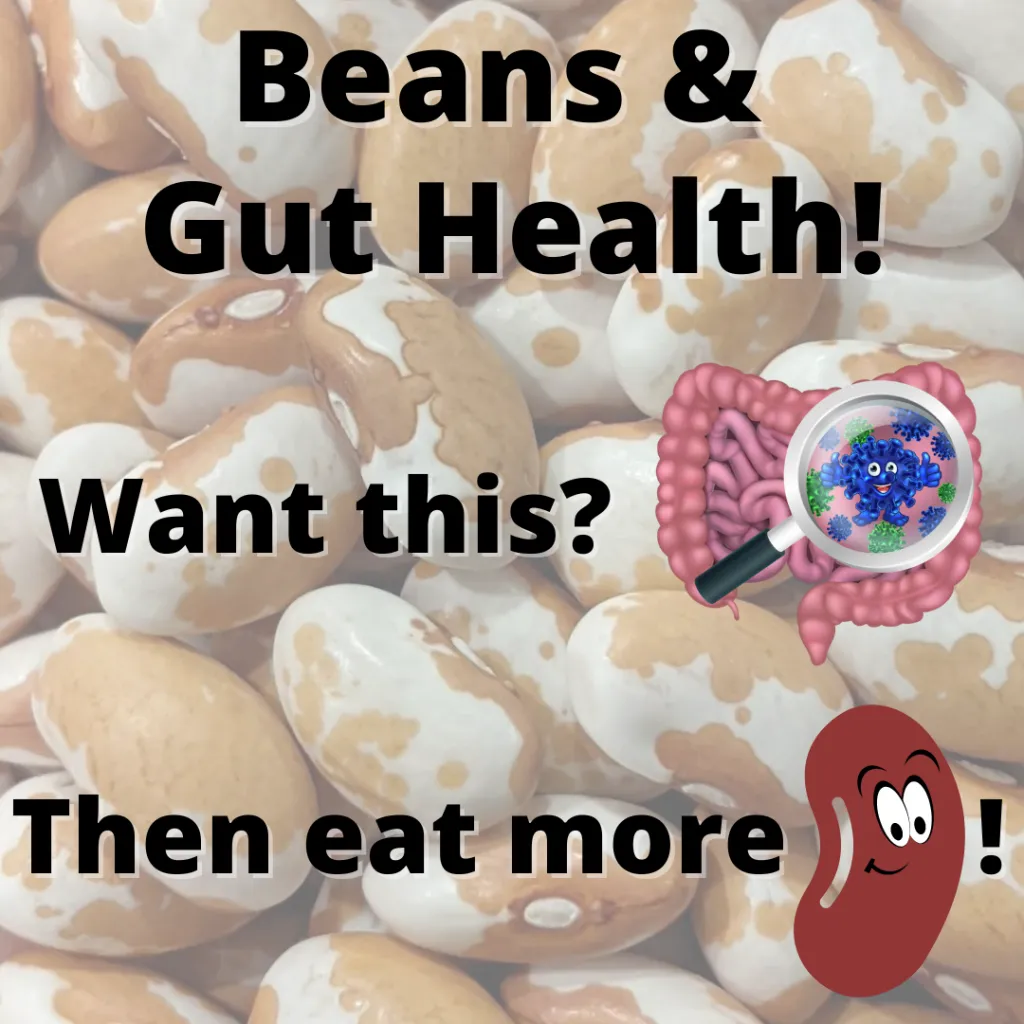
Beans are a versatile and nutritious food that can provide numerous health benefits, particularly when it comes to heart health and gut health. Whether you prefer black beans, chickpeas, kidney beans, or lentils, incorporating beans into your diet can help lower cholesterol, improve digestion, and support overall well-being.
Why Beans are Good for Your Heart
Beans are rich in soluble fiber, which has been shown to lower LDL cholesterol levels, also known as “bad” cholesterol. By reducing LDL cholesterol, beans can help decrease the risk of heart disease and stroke. Additionally, beans contain antioxidants and phytochemicals that can help protect the heart from damage caused by free radicals.
Furthermore, beans are a good source of potassium, magnesium, and folate, all of which are essential nutrients for heart health. Potassium helps regulate blood pressure, magnesium supports muscle function, and folate helps lower levels of homocysteine, an amino acid that can increase the risk of heart disease.
Beans and Gut Health
Beans are also beneficial for gut health due to their high fiber content. Fiber is essential for maintaining a healthy digestive system, as it helps promote regular bowel movements and prevents constipation. Additionally, fiber acts as a prebiotic, feeding the beneficial bacteria in the gut and promoting a healthy microbiome.
Moreover, beans contain resistant starch, a type of carbohydrate that resists digestion in the small intestine and reaches the colon intact. In the colon, resistant starch is fermented by gut bacteria, producing short-chain fatty acids that have been shown to have numerous health benefits, including reducing inflammation and improving gut barrier function.
How to Incorporate Beans into Your Diet
There are many delicious ways to add beans to your meals and reap their health benefits. You can incorporate beans into soups, salads, stews, and stir-fries, or use them as a filling for tacos, burritos, and wraps. Beans can also be mashed and seasoned to make a flavorful dip or spread.
If you’re new to eating beans, start by gradually increasing your intake to allow your digestive system to adjust to the higher fiber content. Soaking dried beans before cooking can help reduce their gas-producing properties and make them easier to digest. Canned beans are also a convenient option, just be sure to rinse them thoroughly to reduce sodium content.
Conclusion
Beans are a nutrient-dense food that can play a key role in promoting heart health and gut health. By incorporating beans into your diet on a regular basis, you can enjoy their cholesterol-lowering, antioxidant-rich, and fiber-packed benefits. Whether you prefer them in soups, salads, or as a side dish, beans are a versatile and delicious addition to any meal.
#Beans #Key #Healthier #Heart #Gut